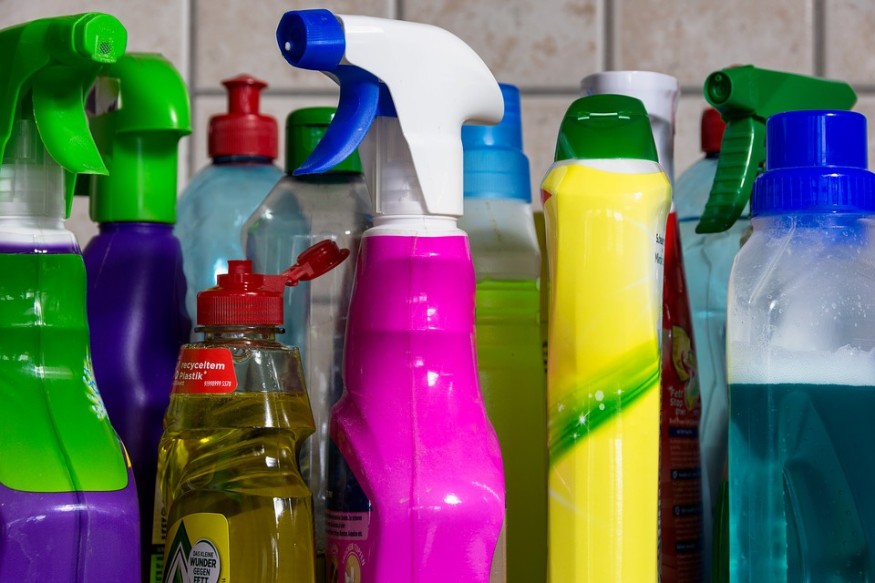
The United States EPA or Environmental Protection Agency has come up with a list of effective disinfectants to arm consumers and help them in ensuring protection from the outbreak of COVID-19 or novel coronavirus. The list include Lysol, Clorox, and Purell products. These are recommended against viruses, even those that it deemed are "harder-to-kill" than the SARS-CoV-2.
Andrew Wheeler, the current EPA Administrator, stated that using the right disinfectant is important in the prevention and reduction of the spread of infectious disease agents. He mentioned the importance of hand washing, as well.
Wheeler also added that the Trump Administration considers nothing higher than the priority of protecting the safety and health of the American people. EPA is part of this initiative, providing important information to the public in a transparent manner regarding the disinfectant products that can help minimize the spread of the COVID-19 virus.
In its statement, the EPA reiterated the importance of following the instruction on the label of these disinfectants, and to remember to follow the amount of time required for the product to be in contact with the surface that is being cleaned, in order to be effective in killing the viruses.
The EPA released a statement to the CNN network regarding the possibility for companies to apply their products the added label of "emerging pathogens claim," which are based on claims previously approved for these "harder-to-kill" viral pathogens. EPA reviews these applications and determines if the companies may safely make this claim for their products.
Nonetheless, according to the Centers for Disease Control and Prevention website information on the COVID-19 virus, the best way of preventing the transmission of this virus is still handwashing using water and soap. It further recommends other preventive measures, including details on using a face mask and other guidelines.
What the medical community knows so far is that the COVID-19 virus primarily spreads through people and contact, particularly with respiratory droplets such as spits, sneezes, and coughs. This is known as person-to-person virus transmission, and is the most common means by which the novel coronavirus is spread.
Touching virus-contaminated objects or surfaces and then touching one's face, eyes, and mouth are also means of transmission, although this is not the main way that the virus can spread. Therefore, disinfectant wipes have limited use in this respect.
The registered disinfectants listed on EPA's website qualifies under its emerging pathogens guidance program for use in killing the SARS-CoV-2 virus. This guidance was triggered on January 29, 2020 by the epidemic rise of coronavirus cases worldwide.
Since the novel coronavirus is an enveloped virus, it is among the easiest viruses to kill using an appropriate disinfectant. It is strongly recommended by the EPA to strictly adhere and comply with the label instructions of the particular disinfectant product being used, including contact time and dilution. EPA urges users to follow the longest indicated contact time and the strongest concentration.
As additional disinfectant products meet the listed criteria for effective use against the SARS-CoV-2, EPA's list will be updated accordingly. The EPA list of registered disinfectants include:
- Clorox Multi Surface Cleaner + Bleach
- Clorox Disinfecting Wipes
- Clorox Commercial Solutions® Clorox® Disinfecting Spray
- Lysol brand Heavy-Duty Cleaner Disinfectant Concentrate
- Lysol Disinfectant Max Cover Mist
- Lysol brand Clean & Fresh Multi-Surface Cleaner
- Purell Professional Surface Disinfectant Wipes
- Sani-Prime Germicidal Spray
Check the full list of disinfectants from EPA so you can protect your family from coronavirus.
© 2026 NatureWorldNews.com All rights reserved. Do not reproduce without permission.





